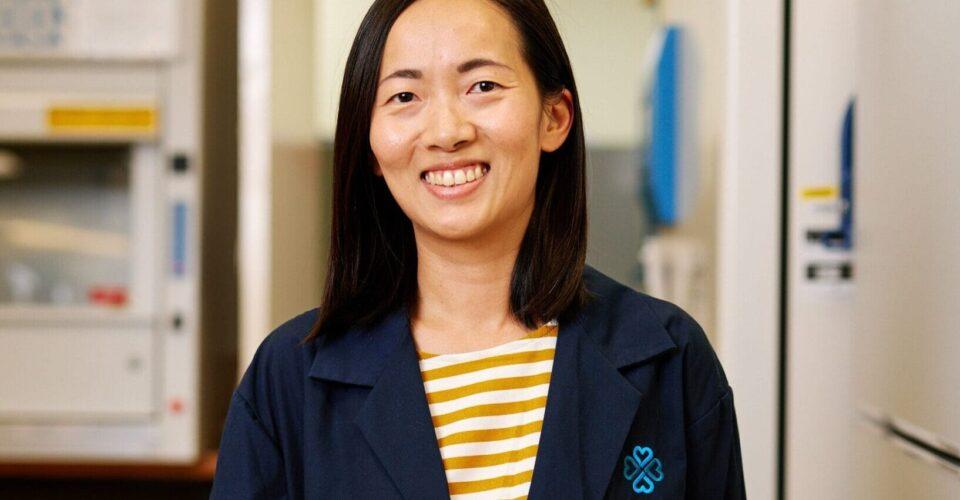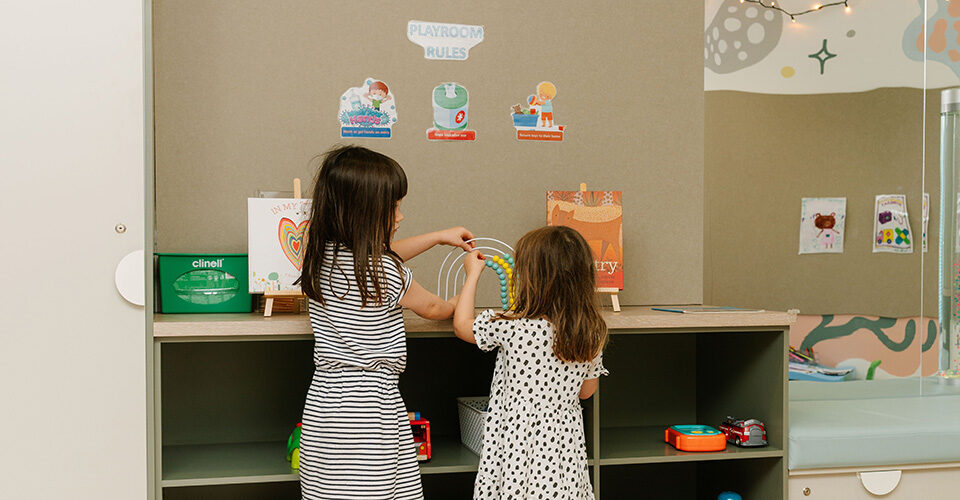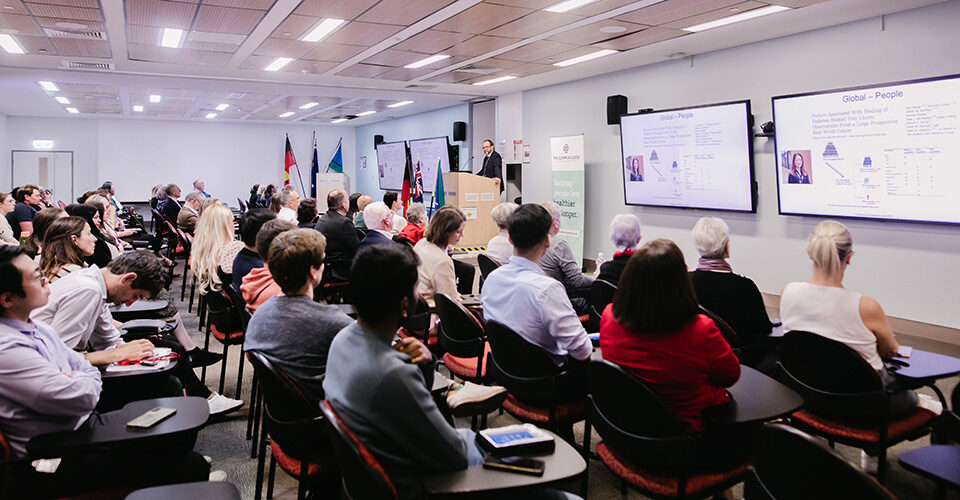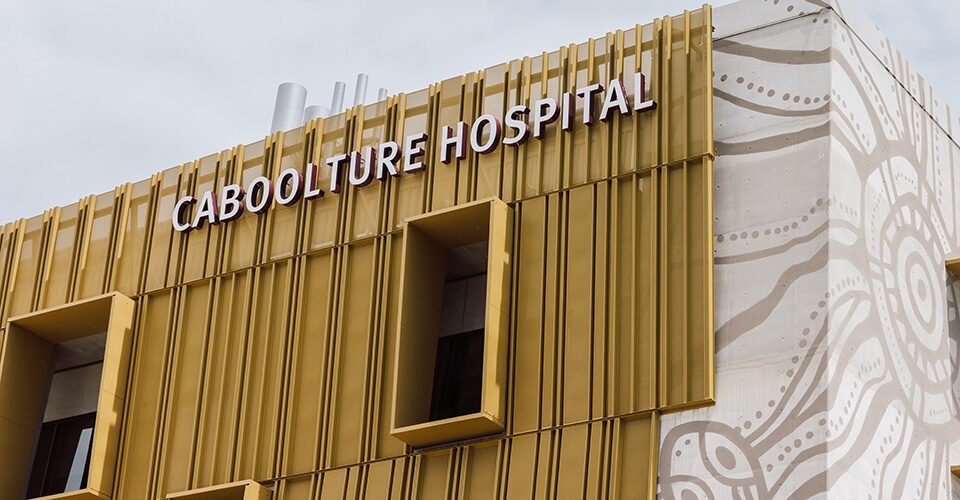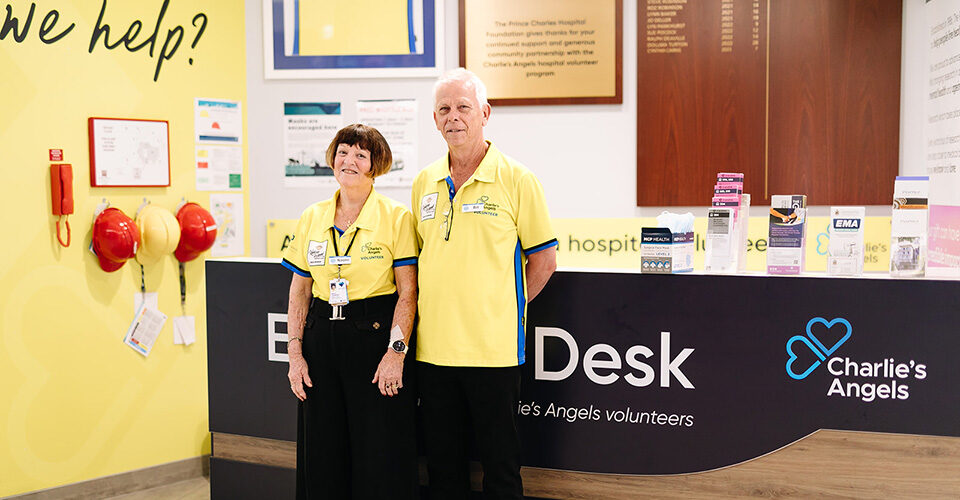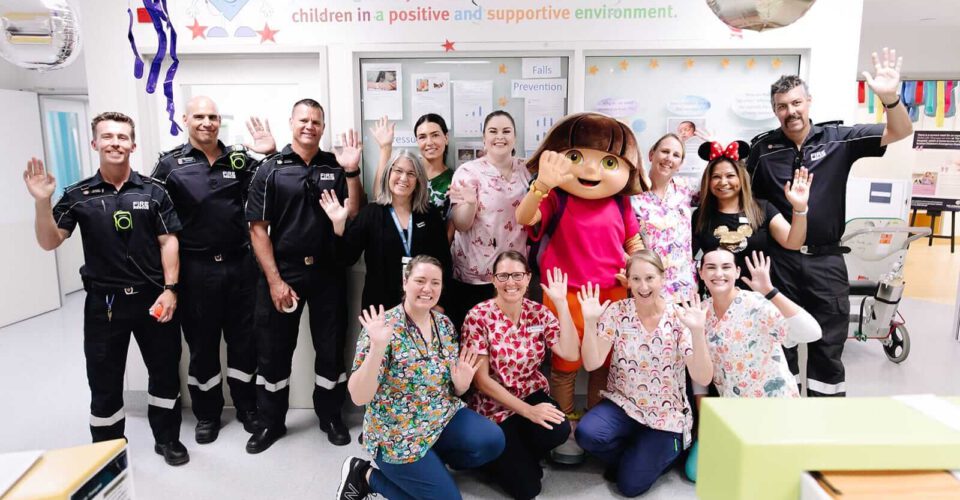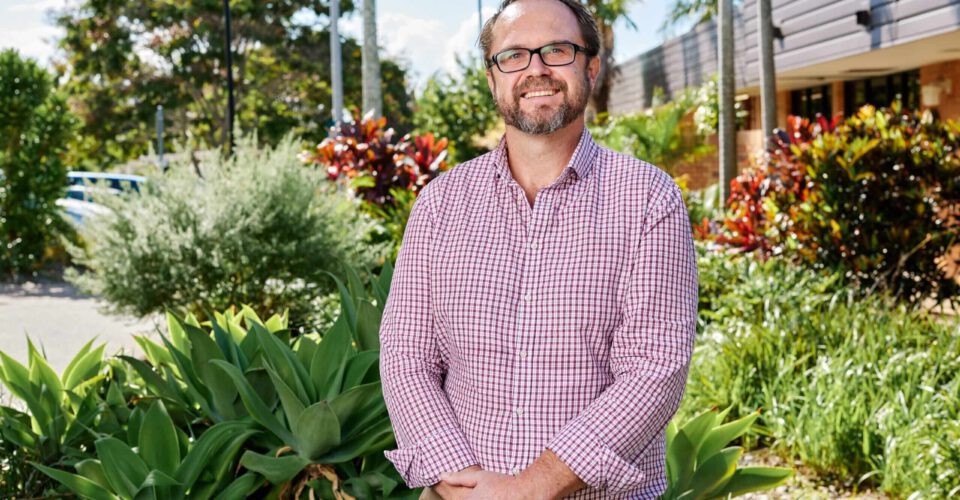Lung cancer causes the greatest number of cancer-related deaths in Australia, and this isn’t surprising, with the Lung Foundation saying that around 85% of people are diagnosed at a late stage. Dr Kelly Chee hopes that her research and the research of her peers will see these statistics significantly improved.
“The knowledge generated from this research will support TPCH clinicians to provide the best care for lung cancer patients through effective and prompt detection of curable lung cancers and cancer progression, enabling earlier intervention before the cancer advances to an incurable stage,” said Dr Kelly Chee.
In 2023, Dr Kelly Chee, who has worked at UQ Thoracic Research Centre within the TPCH Clinical Sciences building since 2012, was awarded a Research Fellowship from The Prince Charles Hospital Foundation. Her fellowship aims to improve the detection of lung cancer through low-risk, minimally invasive medical procedures such as blood tests and routine bronchoscopies. She hopes to do this by using the biomaterials collected from these as a resource for the detection of lung cancer, to identify lung cancer mutations – in particular, KRAS and EGFR mutations – that are targetable with treatment, and to better determine the disease’s progression before it reaches an incurable stage.
“There are treatments designed to target these mutations to make it more effective and therefore improve the patient response to the treatment and ultimately improve the patient’s survival,” said Dr Chee.
At present, early assessments for lung cancer detection involves CT scans and bronchoscopy. Those thought to have lung cancer but haven’t had it diagnosed by those means may need surgery to remove lung tissue for testing.
“Over the years, lung cancer treatment has advanced a lot, but there are still issues that haven’t been solved. For patients who undergo lung resection surgery, their quality of life is reduced because part of their lung is taken out. There could be things that we could do to prevent the patients from needing to undergo this surgery. Plus, we want to improve survivability, treatment options and quality of life for people with lung cancer,” said Dr Chee.
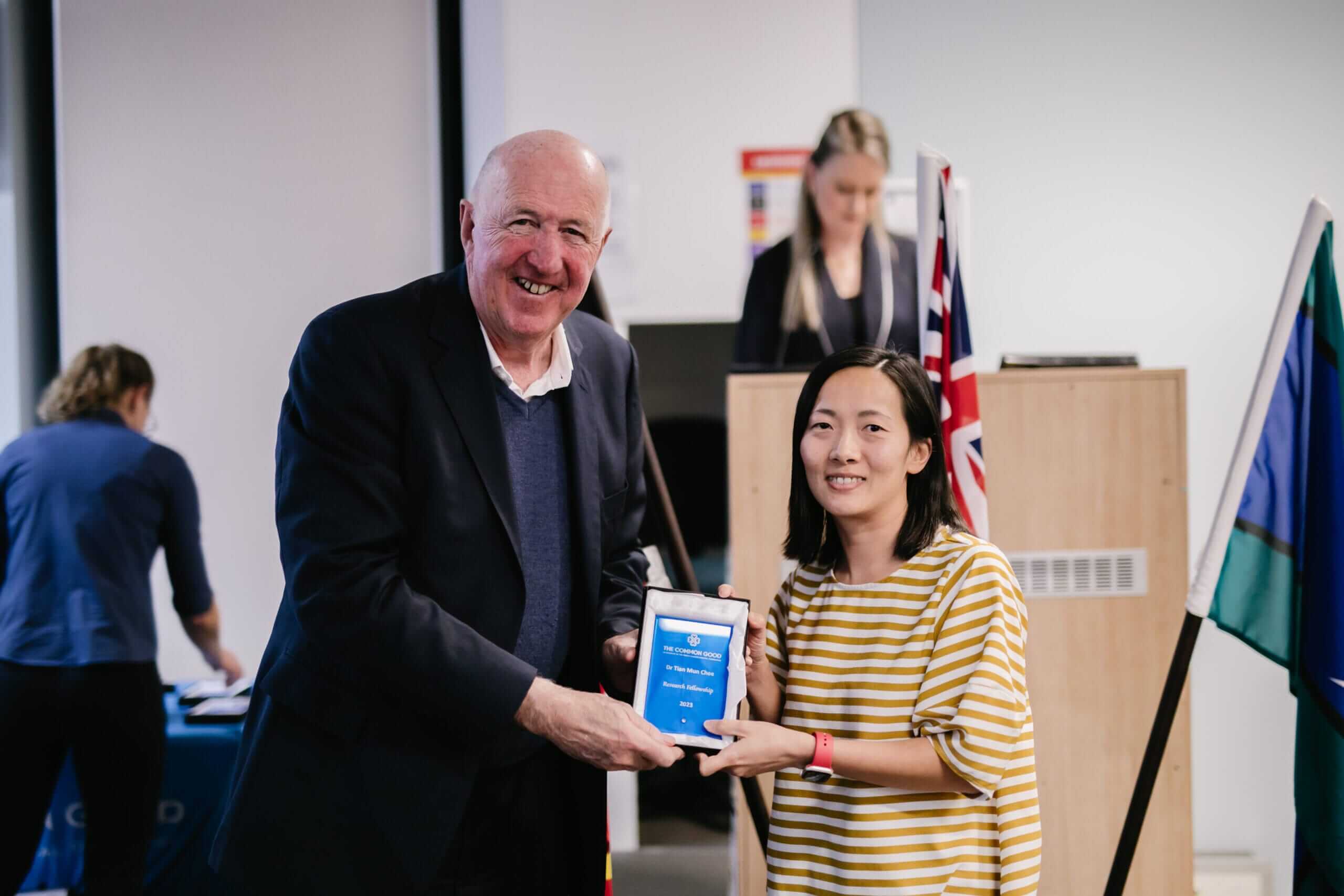
Dr Chee explains that those who undergo surgery to obtain a sample for testing can face an anxious wait for results. And if the sample isn’t sufficient, they may need a second round of surgery. While her fellowship is only in its infancy, she spent time in 2023 building on a study made possible through a Foundation Innovation grant in 2022, which focuses on nanopore sequencing of bronchoscopy fluids.
“Illumina sequencing, which incorporates fluorescent dye to determine the series of base pairs in DNA, has been around for many years and is the gold standard for diagnostic testing of lung cancer at the moment. In contrast, Nanopore sequencing detects changes in the current unique to a DNA or RNA molecule as it passes through the nanopore. The benefits of nanopore sequencers are that they are newer, allow for real-time analysis of data, and more and more evidence supports their use to sequence a smaller genome or for a more targeted research aim. The second benefit is that it is a small, pocket-sized sequencer, so there is the potential to implement this in clinics on the spot or remotely and this could improve the speed, and efficiency of receiving test results. This would mean we could plan the best treatment option for the patient earlier. However, right now, this is still an immature technology for use in the clinic, requiring further testing and validation,” she said.
Over the years, lung cancer treatment has advanced a lot, but there are still issues that haven’t been solved. – Dr Kelly Chee
“In 2023, we tried to understand the technology and how to use it and analyse the data. We have sequenced a few samples and can see the sequence visually on the computer. This gives me confidence, but there’s still much to do to determine how I could use this technology to achieve my research aim.”
